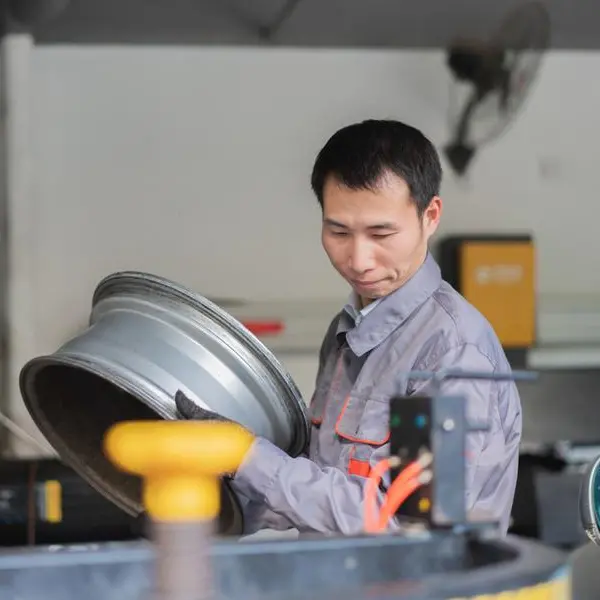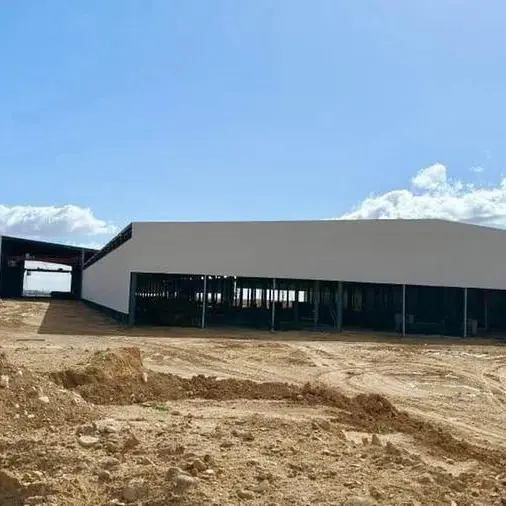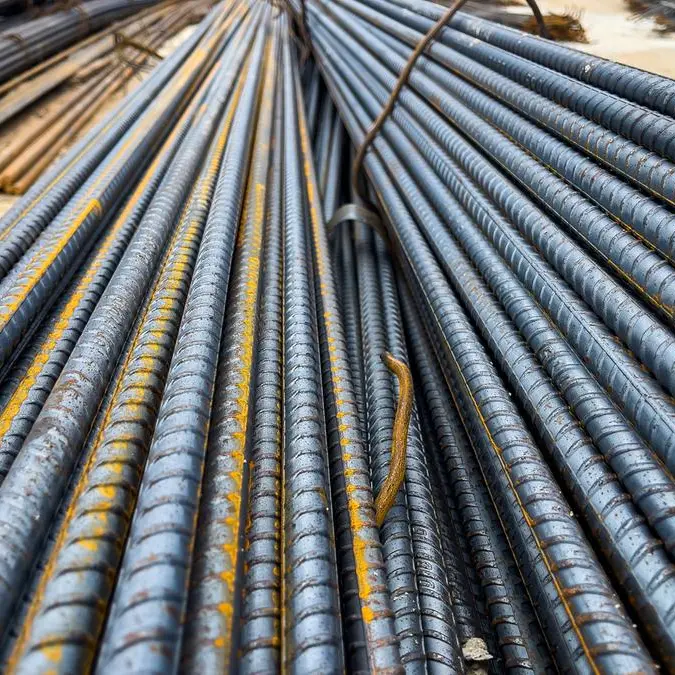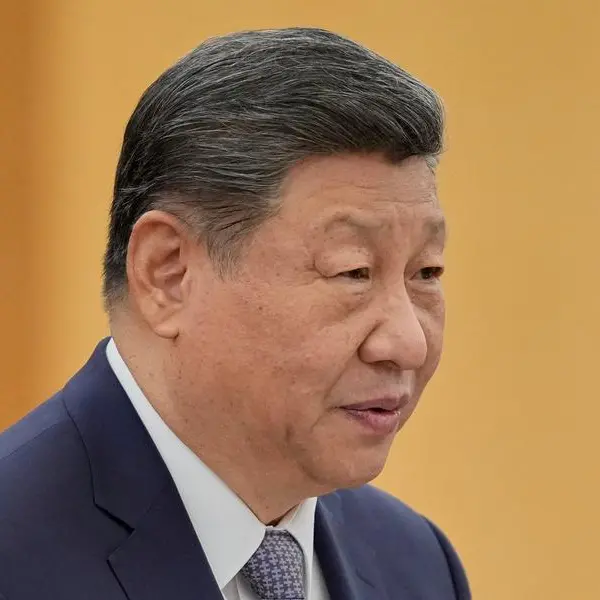AMMAN — Jordan is strategically located and has long been an important juncture and trade route of the ancient “Silk Road”, said China’s Ambassador to Jordan Chen Chuandong.
Today, as an “oasis of stability” in the region, Jordan can play a key role in the “Belt and Road” initiative (BRI), strengthening cooperation between China and Middle Eastern countries, Chen told The Jordan Times in a recent interview.
Proposed by Chinese President Xi Jinping in 2013, the underlying principles of the BRI are extensive consultation, joint contribution and shared benefits, and the core concept is to strengthen connectivity in policy, infrastructure, trade, finance, and people-to-people bonds with the aim of “bringing huge development opportunities for countries around the world”, the ambassador said.
China welcomes Jordan’s continuous active participation in the BRI and is ready to work with Jordan to further align development strategies, increase economic, trade and investment cooperation, improve inter-connectivity, and implement more projects on the ground, so as to help Jordan “revitalise its economy and improve people’s well-being”, said Chen.
He noted that, “in recent years, we have seen the initial benefits of BRI cooperation in Jordan”.
On the economic benefits of the BRI, the ambassador said that the Attarat oil shale power plant project undertaken by China’s Guangdong Power Engineering Corporation will generate about 3.7 billion kilowatts of electricity per year, meeting more than 10 per cent of the Jordanian power demand.
China SDIC Mining Investment Company has become the largest shareholder of the Arab Potash Company, significantly increasing the export of Jordanian potash fertiliser to China, he added.
Chen also mentioned that Aqaba International Industrial Estate, spearheaded by a Chinese company, is developing a new industrial park in partnership with the local government, which will “attract more foreign investment and create more job opportunities”.
Jordan is a founding member of the Asian Infrastructure Investment Bank (AIIB) and in 2021 the AIIB approved its first investment project in Jordan to support the Kingdom’s economic recovery and green transition, he further noted.
With the “people-to-people bond” being a main component of the BRI, during the past few years China and Jordan have witnessed deepened exchanges and cooperation in the fields of education, culture, human resources training and youth, according to the ambassador.
China and Jordan have mutually offered government scholarships such as the China Scholarship Council and Foreign Aid Training Scholarships, which have helped around 160 Jordanian students study in China in the past three years, while more than 900 Jordanian students have participated in short-term Chinese foreign aid training courses, Chen said.
“Chinese students regard Jordan as a top destination to learn the Arabic language and culture and the Chinese language has become more and more popular in Jordan,” he added.
There are currently two Confucius Institutes in Jordan and the Amman Chinese Cultural Centre has started trial operation, whereas the University of Jordan, Islamic Educational College, and Defence Language Institute all have Chinese language programmes, Chen noted.
The Chinese embassy in Jordan organises the “Chinese Bridge — Chinese Proficiency Competition” for foreign college students in Jordan every year and has also held events such as the “Arab State Radio and Television High-level Seminar” and “Insight of China: Workshop for Well-known Arab Artists”, he added
“We will continue to support people-to-people and cultural exchanges between our two countries,” the ambassador concluded.
Jocelyn Chau




















